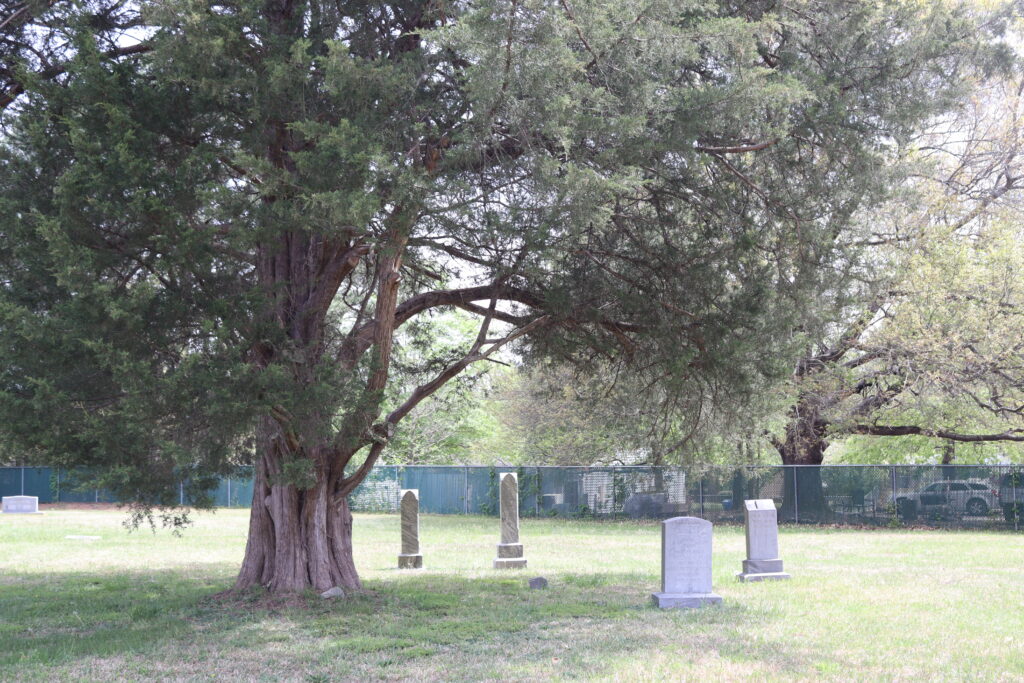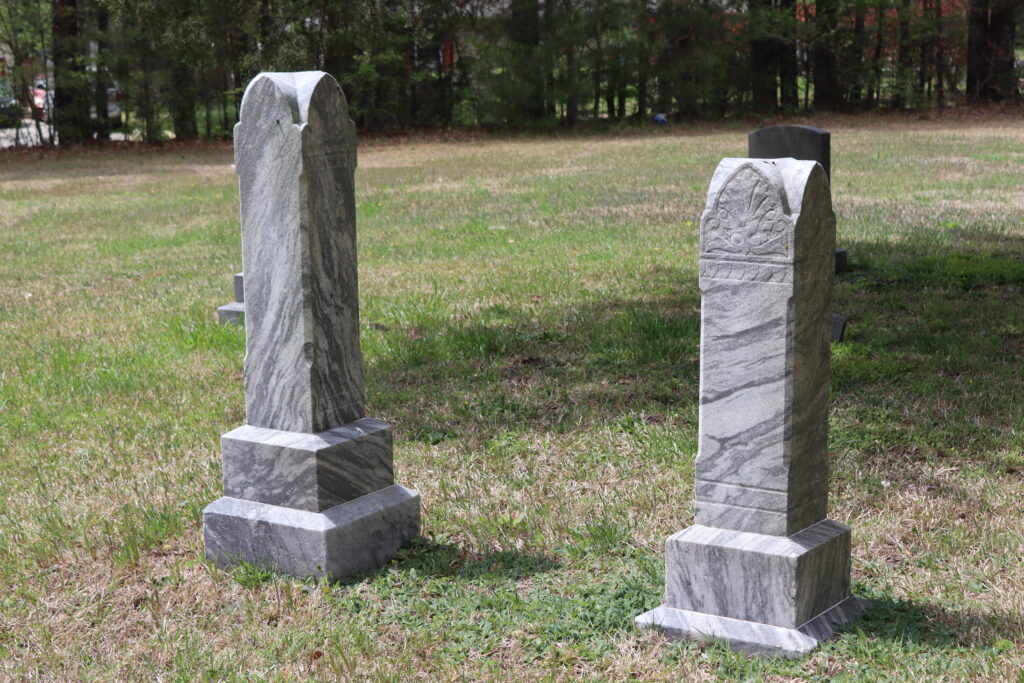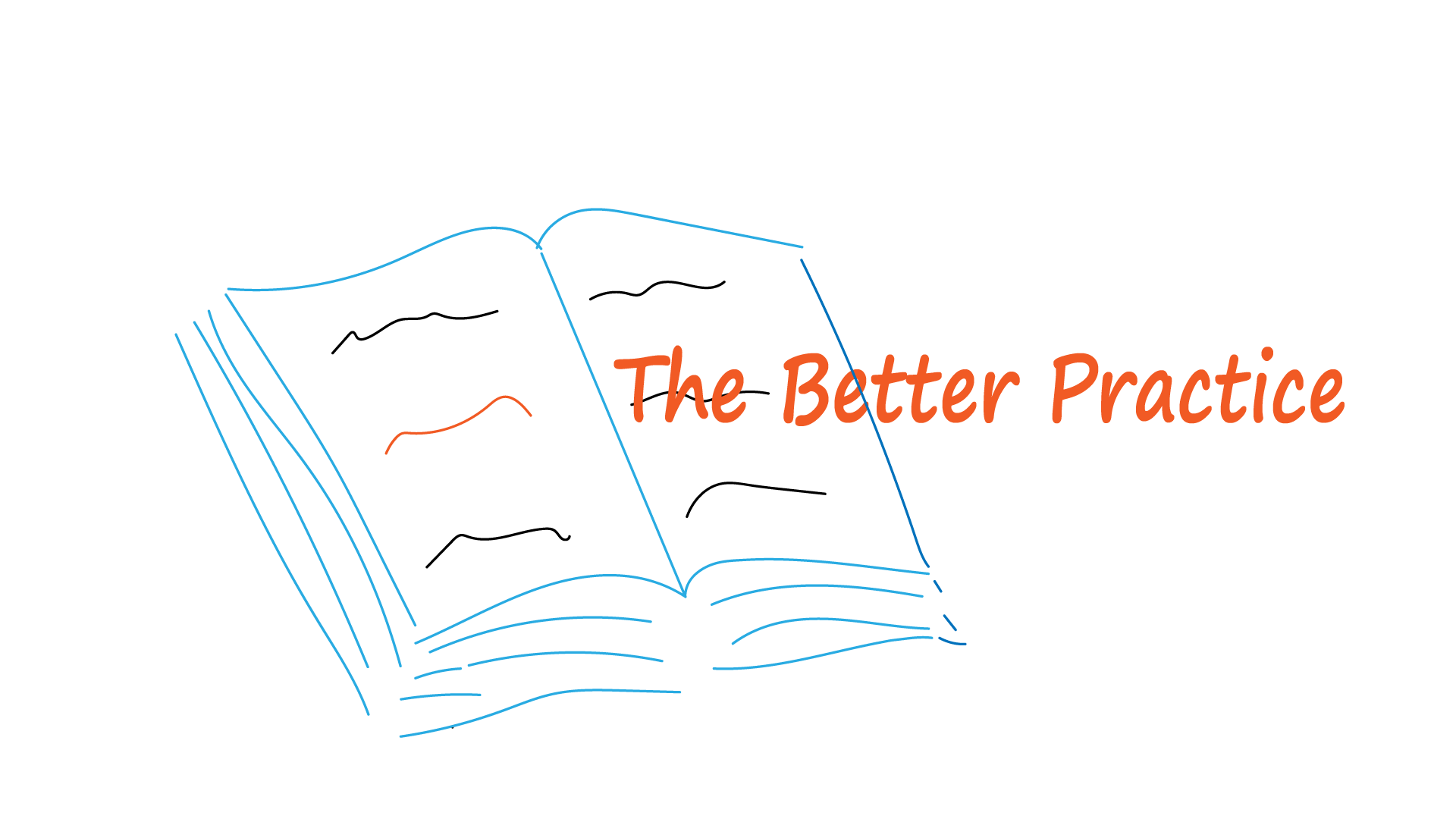Loss

I recently experienced a loss. I lost my cat of 4 years. She was a true survivor and fighter, but she got cancer and treatment options were dire. As I was thinking about the loss of my cat, I started thinking about loss professionally. If you have been practicing long enough, you have had the unfortunate experience of having a client die either during or shortly after a representation. You have also, unfortunately, experienced the loss of colleagues and adversaries. How do we as lawyers performing in our profession cope with these types of loss? We work so intimately with clients that when one dies, especially one in which we are particularly fond of, or enjoyed working with, it can’t not affect us and our work. Does it affect us and our work, though? Or is it NOT supposed to affect us and our work? What are some of the worries we may have when this happens? Do we worry about what the next steps are regarding the representation? Do we worry about what our role is now that the client has died? What about the attorney client privilege? Does it survive the client’s death or not? What do we do next?
Are we allowed to be sad? Or are our professional responsibilities and duties supposed to make us numb to this loss? I remember, the first time I experienced the loss of a client in private practice. It was even sadder to me because it was so unexpected. My client was a very young man who I had helped with a very straightforward matter. I was shocked to hear of his death and what made it more sad for me was that I had actually met his mother prior to his death. She ultimately was the person who told me of his death. My heart broke for her. I unfortunately found out too late to go to the funeral, but what are we to do when our client dies? Is it appropriate for us to attend the funeral, or service if there is one? Is our presence privileged in some way as people at the funeral will ask how we know the decedent? It’s hard to turn to the rules when you are knee deep in the reckoning of what has just happened.
In doing some research for this post, I came upon an article by Suzanne Lever that was published on the North Carolina State Bar website. You can access it through this link: Death of a Client | North Carolina State Bar (ncbar.gov) . There are of course resources like this one out there for us lawyers about what our professional duties are when a client dies, but what are there in terms of emotional resources? I don’t recall this being a class or even part of a class in law school. I think this quandary is actually more complicated when a colleague or legal adversary dies.

What are we to do or feel when an attorney in a case in which we are involved dies? How are we supposed to feel then? What if that attorney is one in which you didn’t particularly like or get along with or respect? How are you supposed to feel? Is it bad if you don’t feel sad? Is it weird if you do feel sad, even though you didn’t really know or like the person? One of the last big motivators for me in the creation of this blog was the experience of having an opposing attorney die during the pendency of one of my cases. When this occurred, I found that I was very conflicted about how to feel. I hadn’t worked with this person before this particular case, therefore, did not know them very well. The case was a contentious one, so our interaction was often acrimonious and unproductive. I actually had very strong feelings about how this attorney behaved; in particularly how they ethically behaved. So, when they died, it was very profound for me. I found that I was saddened for this person’s family and those colleagues that were close to them. But I was very confused and conflicted about how to feel now that they were no longer opposing counsel on this case. So often, we wish certain attorneys in cases in which we are involved would withdraw because working opposite them is so infuriating. But, how are you supposed to feel when they die? I am a believer in karma, so I don’t think joy or relief is the appropriate answer.
As the days passed after this attorney’s death, I also realized that I didn’t seem to hear much about other attorney’s feelings of loss that knew this attorney better. It was as if it happened and people just kept it moving without much remark. This surprised and saddened me even more (and made me feel even more conflicted). Didn’t others have feelings about this attorney’s death? Maybe they were feeling much like I was; conflicted. Maybe people didn’t know what to feel. Maybe people didn’t know what to say. Death does do that sometimes….leaves us speechless. However, I found this silence around this attorney’s death revelatory of how little we as attorneys sometimes relate our experiences and feelings about our work and the places and situations in which we do our work.
I think we are all too often supposed to be so steely eyed in our professions that we are not given the opportunity to stop and grieve during these periods of loss. Even if it is not to grieve but to reflect; we don’t get the space to do this when either a client or a fellow/sister attorney die.
We need to check in with one another when an attorney with which we worked has died, even if that attorney was not well liked or respected. We need to extend patience and kindness in those instances where opposing counsel has died, because everyone is scrambling trying to figure out what to do. We need to extoll our condolences to other attorneys when we hear that their client has passed away. Because we have no idea how that loss has affected that attorney. We are all human and it cannot be that we are not affected by these instances of loss. So, let’s acknowledge to one another that we experience this loss and that it does and can have an effect on us and our work. That mere acknowledgment to one another can sometimes mean the difference between getting bogged down in a state of confusion (or conflict) or feeling relieved that we are not alone in our feelings and that it is perfectly okay to feel that way.

